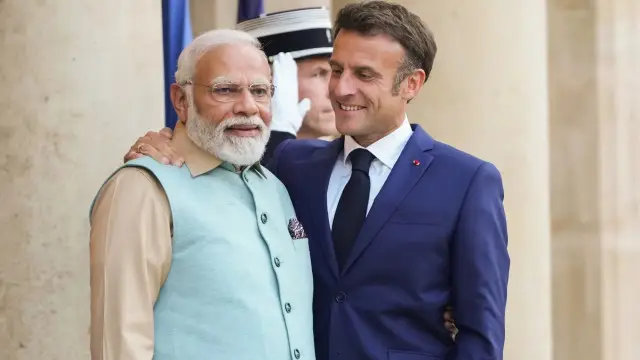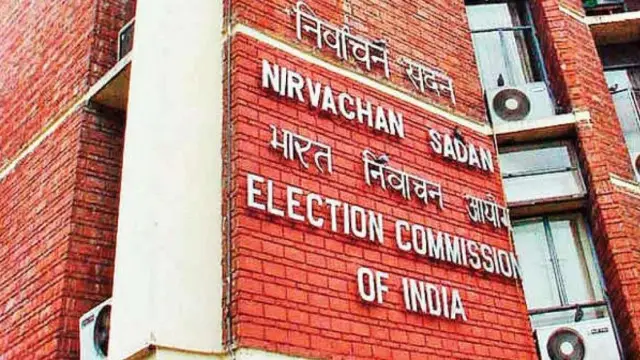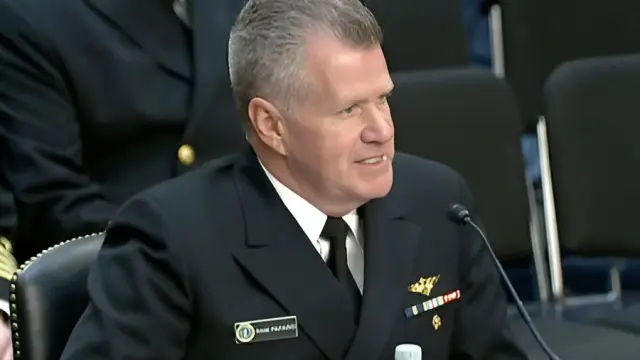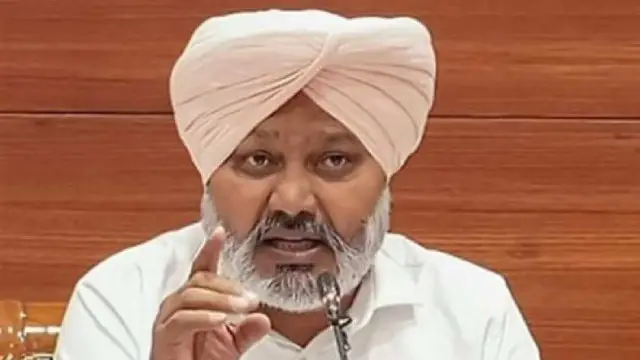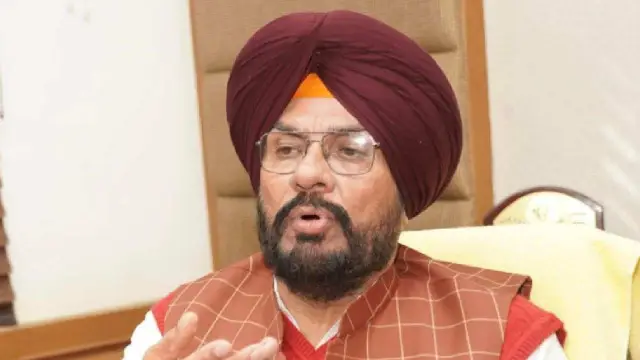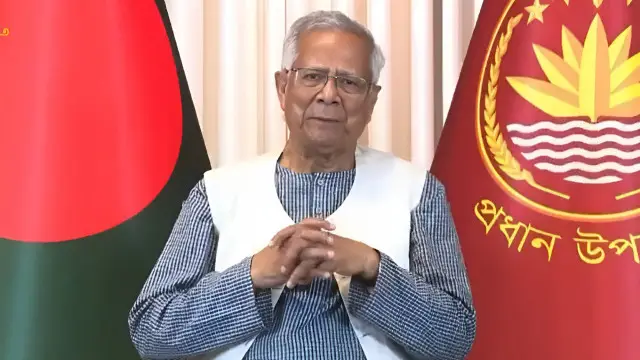US Foreign Minister Urges India-Pakistan De-escalation in Calls with Jaishankar, Sharif
In a bid to ease mounting tensions in South Asia, the U.S. Secretary of State held separate high-level conversations with Indian External Affairs Minister S. Jaishankar and Pakistani Prime Minister Shehbaz Sharif, emphasizing the importance of restraint and dialogue

Washington Calls for Restraint Amid Rising Tensions
In a diplomatic outreach aimed at curbing rising regional tensions, U.S. Secretary of State Antony Blinken spoke separately with Indian External Affairs Minister S. Jaishankar and Pakistani Prime Minister Shehbaz Sharif. The key message delivered during both conversations was clear: exercise restraint, avoid escalation, and prioritize dialogue.
The move comes amid growing concerns over recent military posturing and cross-border rhetoric that have reignited fears of instability between the two nuclear-armed neighbors. U.S. officials have expressed deep concern about the possibility of miscalculation leading to broader conflict.
Washington Reaffirms Commitment to Regional Stability
According to a State Department readout, Blinken emphasized the importance of direct communication channels and peaceful conflict resolution. He urged both India and Pakistan to focus on mutual interests such as counterterrorism, economic growth, and regional development, rather than letting disputes spiral into confrontation.
The U.S. has long maintained strategic ties with both countries, often balancing its relations carefully. India is viewed as a key Indo-Pacific partner, while Pakistan continues to be a critical player in Washington’s counterterrorism efforts and regional diplomacy.
Constructive Engagement Encouraged
Diplomatic experts believe the U.S. outreach reflects broader concerns over South Asia’s security environment, particularly given the historical volatility of India-Pakistan relations. Recent developments, including border skirmishes and political provocations, have further complicated bilateral ties.
By engaging both nations directly, the U.S. aims to prevent an escalation that could have far-reaching consequences not only for South Asia but for global stability. Officials in both New Delhi and Islamabad have acknowledged the calls but have not released detailed statements on the discussions.
Looking Ahead
While immediate de-escalation remains the priority, long-term peace between India and Pakistan




